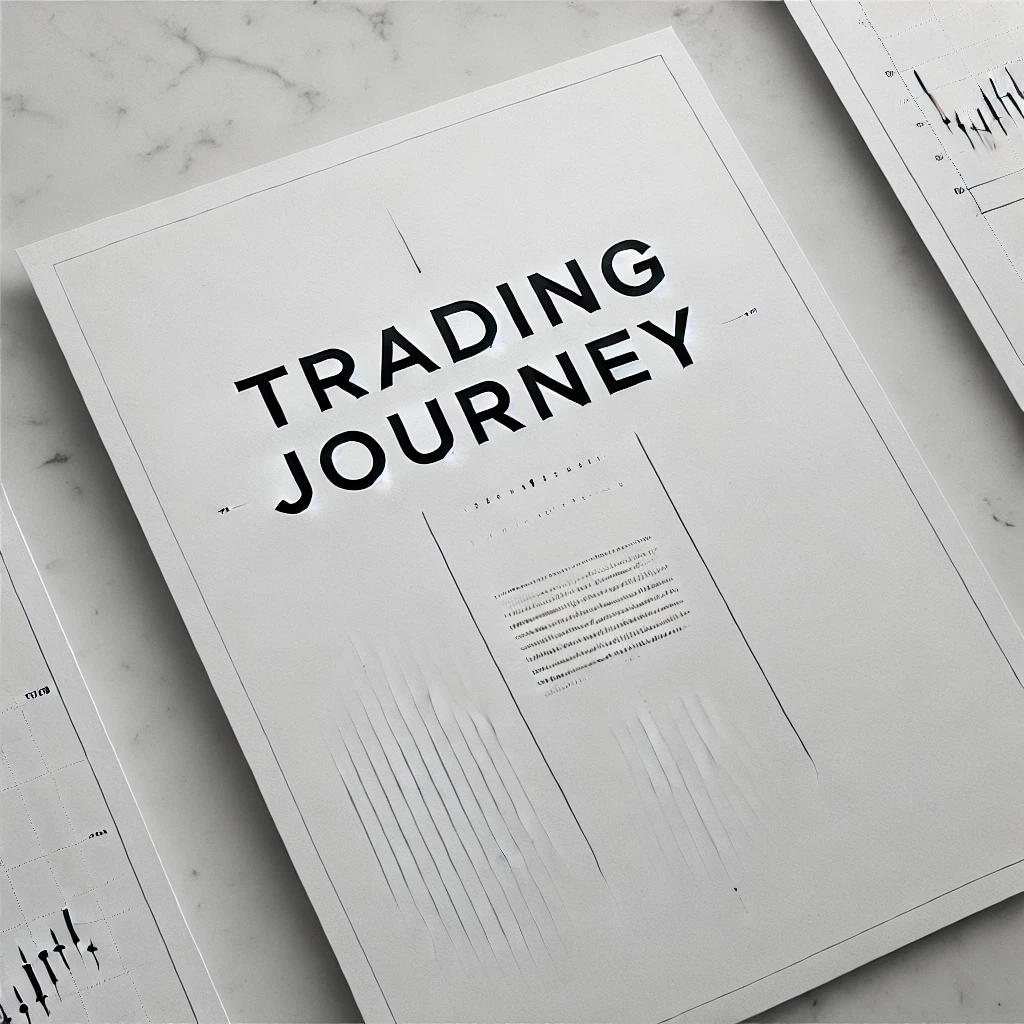
Trading Performance
This week has been an excellent one for trading! I successfully shorted EUR/USD a couple of times, and each trade yielded a profit.
In addition, I opened a new account with my broker. My current trading account doesn’t allow me to set up a paid service for others to copy my trades, so this new account is dedicated to providing a live copy-trading service.
I’m planning to write a blog post soon to explain how you can copy my trades, along with details about the subscription fees. The copy-trading service will allow subscribers to automate their trades, making it a “set-and-forget” experience.
Both of my trading accounts are real live accounts and can be accessed on Myfxbook.com.
Trading Summary:
- Successful trades: 100% this week
- Losses: None
Account Growth (January 2025):
- Existing account: 4.55% growth click here
- New account: 5.18% growth (opened on 21st January 2025) click here
Next Week’s Trading Strategy
For the upcoming week, my trading strategy will remain consistent. I’ll focus on shorting EUR/USD and GBP/USD during spikes and buying USD/CHF on dips. The strategy hasn’t changed because the underlying fundamentals remain the same. This is one of the key advantages of currency trading—fundamentals evolve slowly. A thriving economy often sustains its growth for months or even years, while downturns take a similar path. Turning points typically develop gradually over time.
I only adjust my trading strategy when there is a fundamental shift. For now, my primary approach is to short EUR/USD when it rises. I’ll wait patiently for the right opportunities before executing my trades.
GBP/USD is another pair I’m open to shorting, given the poor economic conditions in the UK. However, due to the high swap fees associated with shorting GBP/USD, I typically avoid this currency pair. That said, traders with brokers offering low or no swap fees can consider shorting GBP/USD on pullbacks. As a swing trader, I tend to keep trades open for days, weeks, or even months. Swap fees can erode profits significantly, which is why I’m cautious about shorting pairs like GBP/USD.
The pound continues to underperform despite a rebound in gilts over the past week.
USD/CHF is an appealing option for buying on dips. The Swiss economy, heavily reliant on the EU, is struggling, and the Swiss central bank has expressed concerns about the strength of the franc. They’ve even hinted at the possibility of negative interest rates if the currency appreciates further. I haven’t traded this pair recently, as CHF is a risk-off currency. However, any risk-off movement causing dips in USD/CHF will present an opportunity for me to buy.
US Economy vs. EU Economy vs. China
Among the three major economies, the US currently stands out as the strongest performer. In contrast, the European economy is struggling. The ECB is aggressively cutting rates in an attempt to stimulate growth, but the two largest EU economies—Germany and France—are facing political uncertainties, which only add to the challenges. Furthermore, the bureaucratic nature of the monetary union continues to discourage potential investors.
China, on the other hand, has initiated fiscal stimulus measures and is taking proactive steps to bolster its economy and stabilize the Yuan. I’ll be closely monitoring their progress over the next few months to see how effective these measures prove to be.
Meanwhile, the US economy remains robust, and its favourable policies, such as corporate and individual tax cuts introduced during the Trump administration, continue to attract significant investor interest.
Disclaimer:
Trading in stocks, currencies, CFDs (Contracts for Difference), Forex, spread betting, futures, cryptocurrencies, and related financial instruments (“Trading”) involves significant risk and may not be suitable for all investors. Past performance is not indicative of future results, and you should be aware that trading can result in substantial losses. It is essential to carefully evaluate your financial circumstances and, if necessary, consult a qualified financial advisor to determine whether trading aligns with your financial goals and risk tolerance.
Be aware that certain trading strategies, such as contingent orders (e.g., “stop-loss” or “stop-limit” orders), do not guarantee limited losses. Market conditions may render these strategies ineffective, potentially leading to losses that exceed intended limits. We also emphasize the risks and opportunities associated with leverage in trading. While leverage can amplify gains, it can equally magnify losses, resulting in significant financial impact.
Important Notice:
The content on marketsandglobaltrends.com is provided for entertainment and informational purposes only and does not constitute professional investment advice. It should not be relied upon as a substitute for consulting a licensed financial advisor.
marketsandglobaltrends.com assumes no responsibility for financial losses, damages, or other consequences arising from trading activities. Claims for damages cannot be made against the site. Additionally, trading may have an addictive potential. If you believe you are at risk, we strongly encourage you to seek professional help.